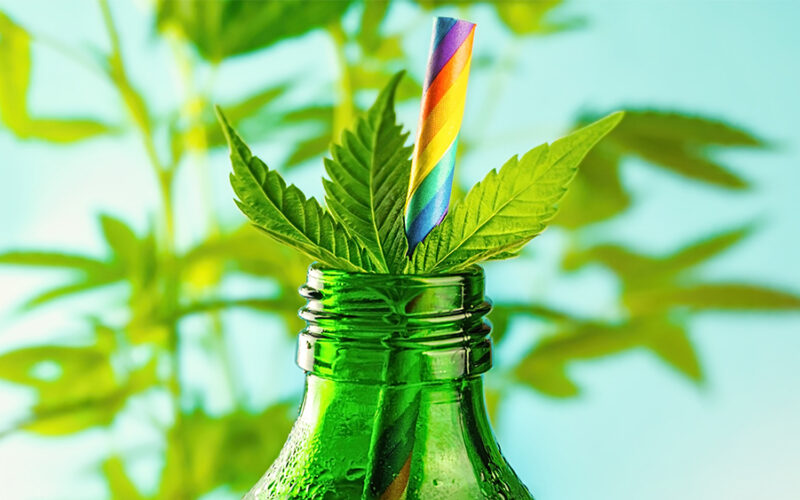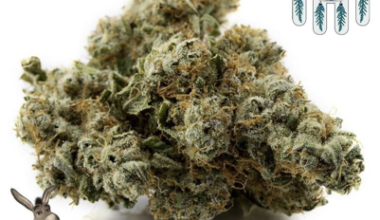The cannabis industry has undergone a massive transformation in recent years, with the legalization of marijuana in several states across the US and the growing interest in its therapeutic and recreational benefits. One of the latest innovations in this industry is the emergence of THC-infused beverages, which are quickly becoming the new trend of 2023.
THC-infused drinks are beverages that contain tetrahydrocannabinol (THC), the primary psychoactive compound in cannabis that is responsible for the plant’s characteristic “high.” Unlike smoking or vaporizing cannabis, consuming THC in beverage form provides a unique and convenient way to experience its effects. One of the reasons why THC-infused beverages are becoming so popular is their ease of use. Unlike smoking, which can be harsh on the lungs and offensive to others, consuming THC in beverage form is a discreet and convenient way to consume the substance. Furthermore, unlike edibles, which can take a long time to take effect and can be unpredictable in their onset and duration of action, THC-infused drinks provide a more consistent and immediate experience.
Another reason why THC-infused beverages are becoming the new trend is their versatility. A variety of THC-infused drinks are available, including carbonated drinks, teas, coffees, juices, and even cocktails. This wide range of options allows individuals to choose the type of beverage that best suits their taste preferences and desired effects. Moreover, THC-infused beverages are an excellent way for cannabis consumers to control their dosing. Unlike smoking, where it can be difficult to determine the exact amount of THC being consumed, THC-infused drinks come in pre-measured doses, making it easier for individuals to control their intake and avoid overconsumption. This is especially important for those who are new to cannabis and may be more sensitive to its effects.
In addition to their ease of use and versatility, THC-infused beverages are also gaining popularity due to their potential health benefits. Many THC-infused drinks are made with natural ingredients and are free from harmful additives and preservatives, making them a healthier option compared to traditional alcoholic beverages. Furthermore, THC has been shown to have a number of therapeutic benefits, including reducing anxiety and stress, improving sleep quality, and providing pain relief. Furthermore, THC-infused beverages are also an excellent option for those who are looking to experience the benefits of cannabis without the psychoactive effects. THC-infused drinks now contain only small amounts of THC, or even none at all, making it possible for individuals to experience the therapeutic benefits of cannabis without getting “high.”
One of the biggest challenges facing the THC-infused beverage industry is regulation. Despite the growing popularity of THC-infused drinks, many states still have strict regulations in place regarding their production, distribution, and sale. As a result, it can be difficult for companies to bring their products to market and for consumers to access them. However, despite these challenges, the THC-infused beverage market is expected to continue growing in the coming years as more and more states legalize marijuana and as consumers continue to look for new and innovative ways to consume cannabis. In fact, some experts predict that the THC-infused beverage market will reach $2.8 billion by 2023, which is a testament to the growing demand for these products.
In conclusion, THC-infused beverages are quickly becoming the new trend of 2023 due to their ease of use, versatility, potential health benefits, and the growing interest in cannabis. Despite the challenges posed by regulation, the THC-infused beverage market is expected to continue growing in the coming years
Medical Disclaimer:
The information provided in these blog posts is intended for general informational and educational purposes only. It is not a substitute for professional medical advice, diagnosis, or treatment. Always seek the advice of your physician or other qualified healthcare provider with any questions you may have regarding a medical condition. The use of any information provided in these blog posts is solely at your own risk. The authors and the website do not recommend or endorse any specific products, treatments, or procedures mentioned. Reliance on any information in these blog posts is solely at your own discretion.





